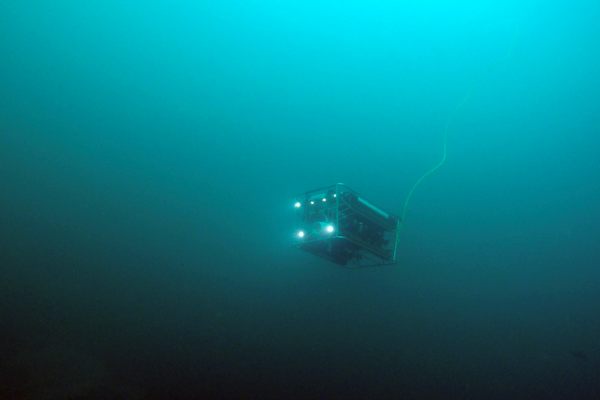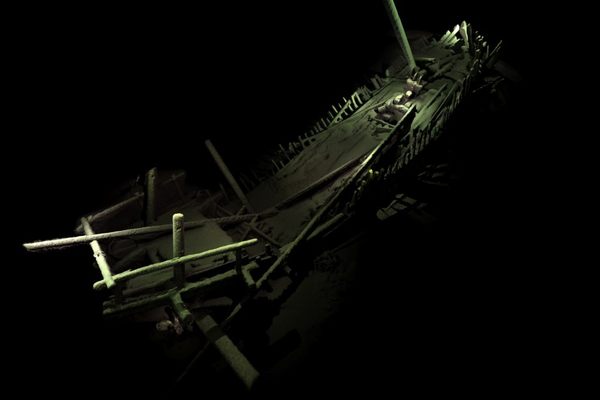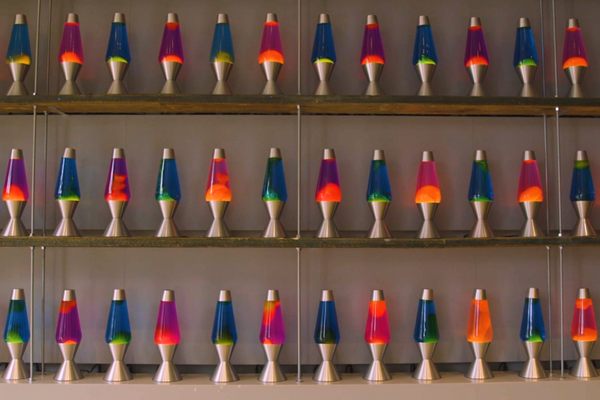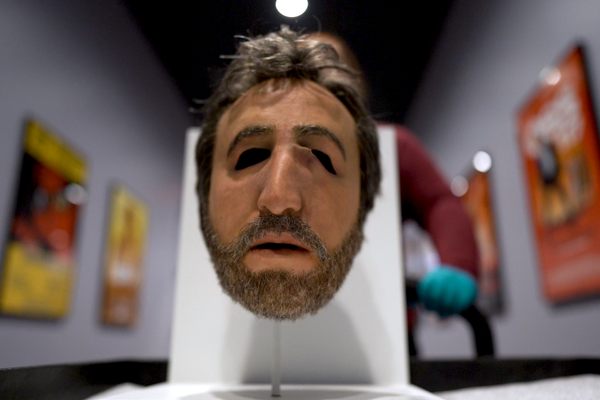Found: The Oldest Astrolabe Ever Discovered
It sank with a Portuguese ship in 1503.

When shipwreck hunter David L. Mearns and his colleagues found a wide bronze disk at a site off the coast of Oman, they knew they had found a special object. The ship had sunk in 1503, and the disc “was like nothing else we had seen,” Mearns told NPR.
They suspected it might be an astrolabe, a navigational tool used by sailors in Europe’s Age of Exploration to find their way at sea.
To be sure, they had to enlist the help of a university professor who had access to high-powered scanning technology. When Professor Mark Williams of the University of Warwick scanned the disc, he found evidence of small, evenly spaced markings on the edge of the disc, which would have been used to measure the height of the sun and calculate a ship’s location.
Examples of astrolabes are rare; this one, the BBC reports, is only the 108th ever catalogued. This new finding also makes it the oldest astrolabe ever found.
The ship that Mearns and colleagues were exploring was part of Vasco da Gama’s fleet, left under command of an uncle in the waters near Oman on the way home from an expedition to India. The astrolabe had the seal of King Don Manuel I on it, who ascended to the Portuguese throne in 1495, and the ship left home in 1502, putting the astrolabe’s creation date somewhere around the year 1500.











Follow us on Twitter to get the latest on the world's hidden wonders.
Like us on Facebook to get the latest on the world's hidden wonders.
Follow us on Twitter Like us on Facebook